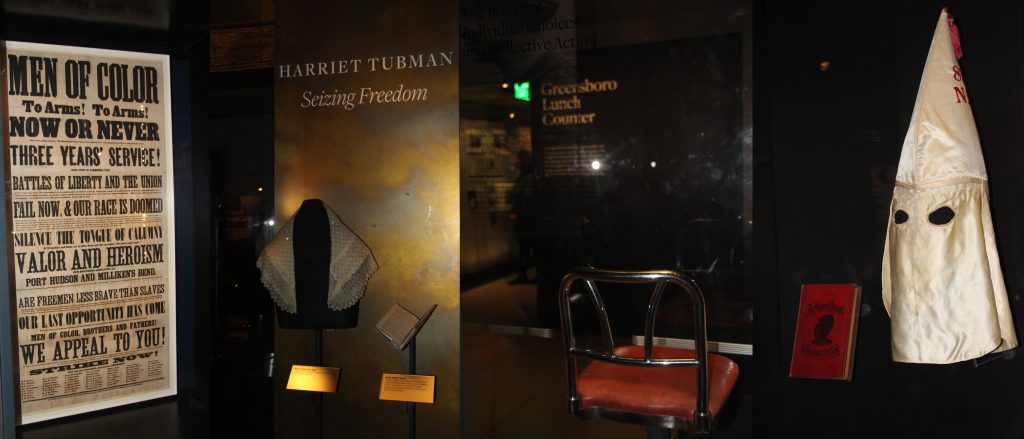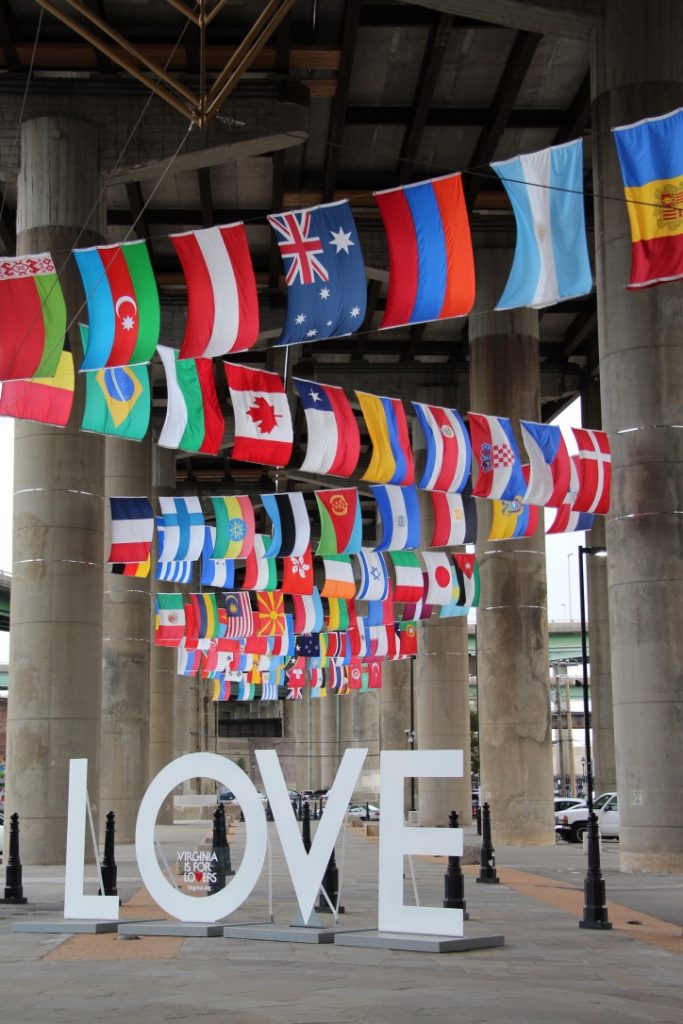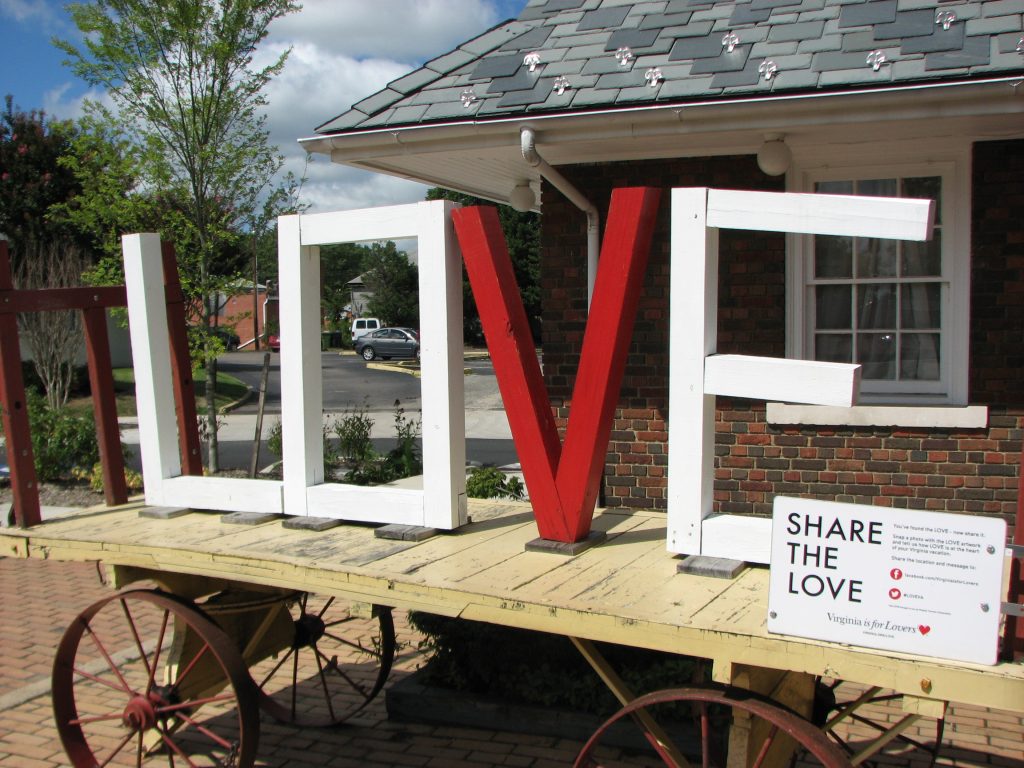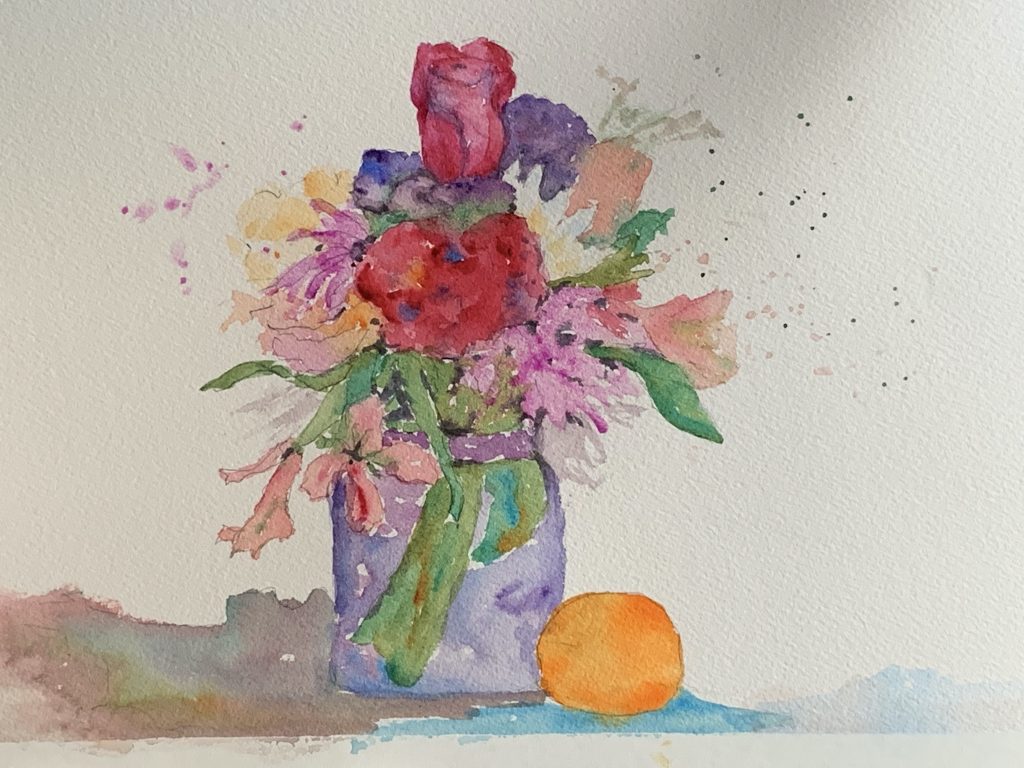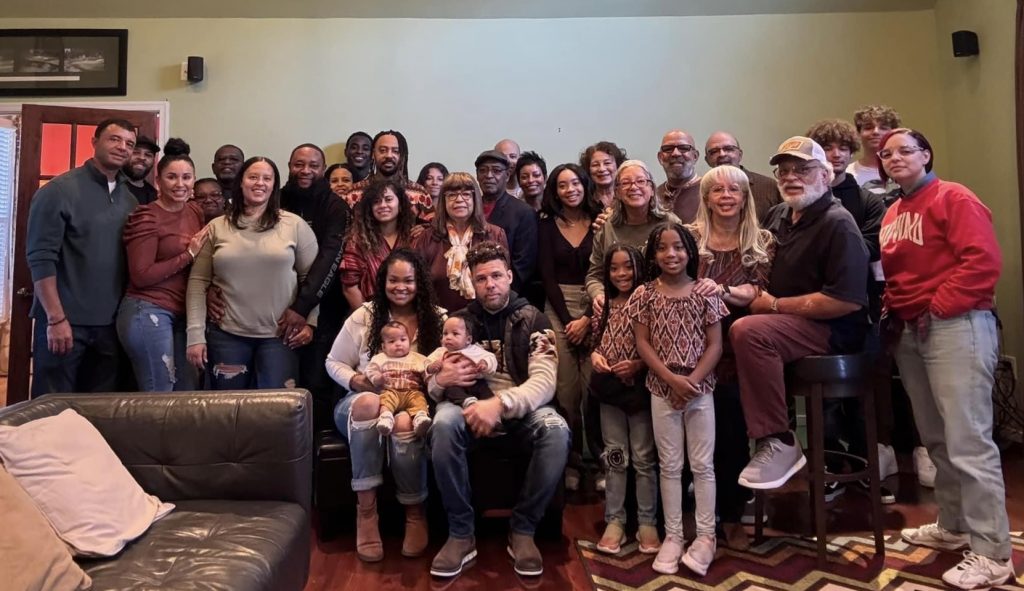Words are containers. They hold meaning. Within them is the substance of what they are. They speak for themselves. Can we take a word that has held hundreds of years of hate and give it new meaning?
The N-word has a deep and complex history, seemingly originating as simply a descriptive word for black people and even a category for laborers. Yet, no one can deny that our first thoughts about the word tend to remind us of slavery, racism, and segregation.
While many black people despise the word because of its deplorable history and the degradation of their ancestors, many black people today have reclaimed and redefined the word, using it freely. The latter group believes they can take it back, own it, and use it as sort of a term of endearment.
Is it truly possible to change a word’s meaning? Is it an injustice to those who fought against it yesterday if people today make it their own? Perhaps a word can have new meaning, but it doesn’t take away from what it once was. With all the new rules on who can use it versus who can’t, and what it means in different contexts, it may be more empowering to leave the word in the past and use other words, like kings and queens, for the future.


